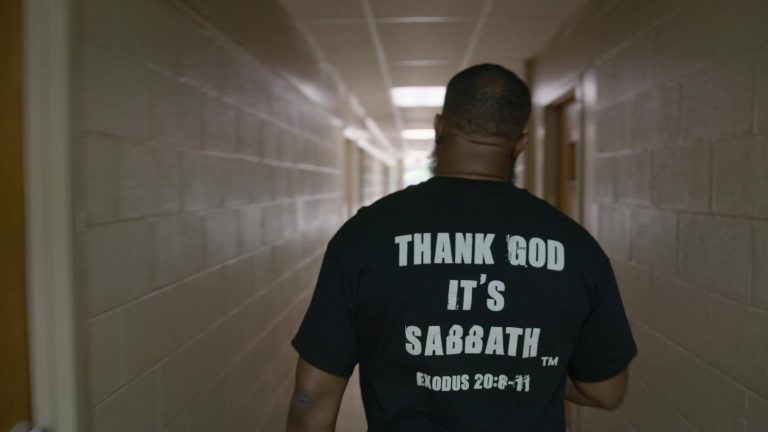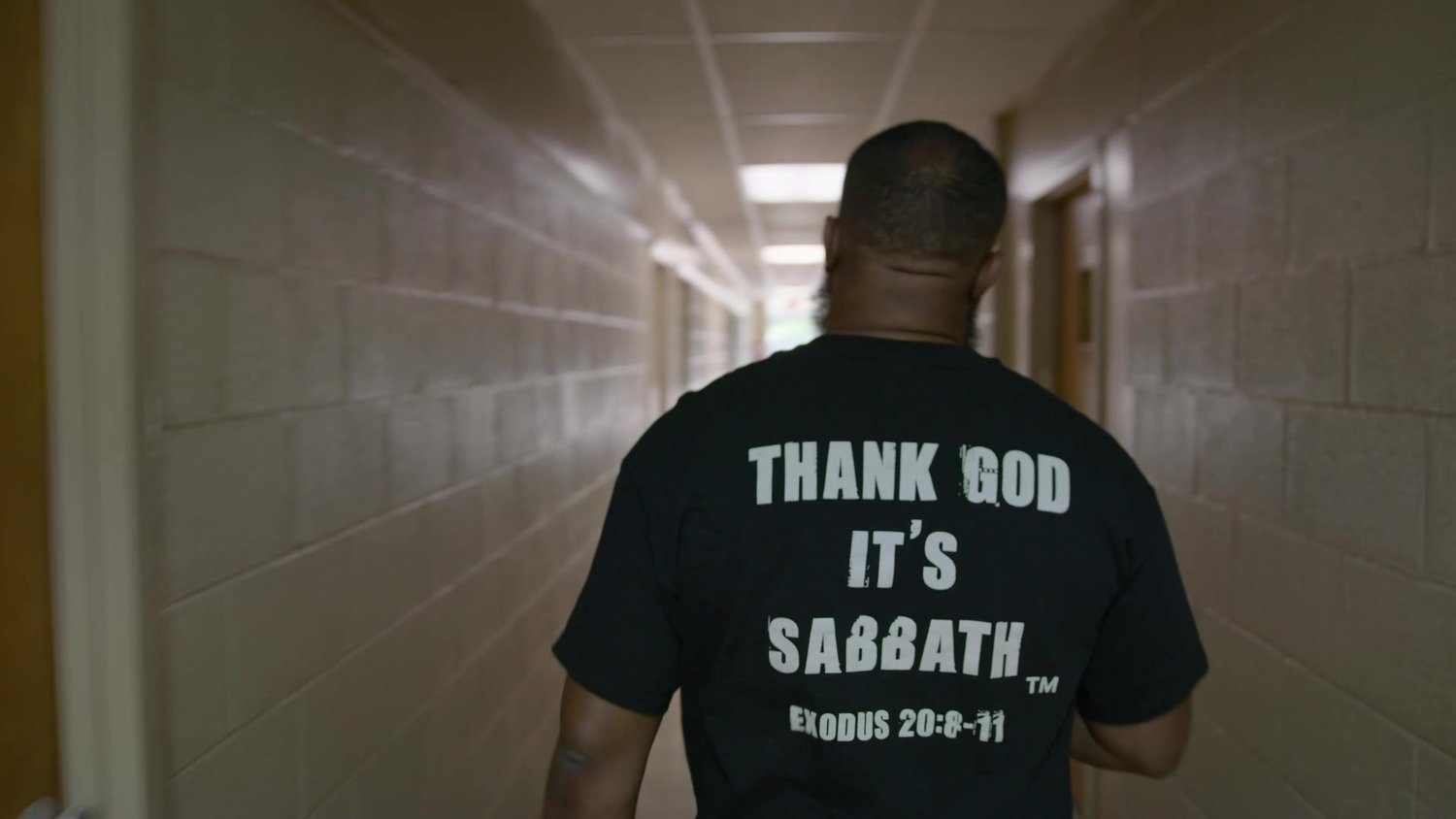
[ad_1]

The Sabbath theme underscores aspects of the American founding. According to the documentary, the Puritans on the Mayflower moved to the New World in part to practice Sabbath as strictly as they wanted. In England, King James I permitted sporting events, drinking, and other activities on the Sabbath which the Puritans thought was unbiblical.
For the earliest Christians, who were Jews, the Sabbath was a sacred time set aside for congregational prayer, study, and the Eucharist in remembrance of Christ’s death. When Emperor Constantine converted to Christianity in 312 A.D., he instituted the Sabbath in place of the day of honoring the sun god, hence the term, “Sunday.”
While the practice of Sabbath may be rooted in religion, it has been adopted in the secular sphere and has traditionally been seen at least as a respite from the fast paced, working rhythm of the work week. It is a time apart from regular time to rest, recuperate, and reconnect with one’s family and community. In the past, many states endorsed Sabbath closing laws, or “Blue Laws,” in the United States for exactly this purpose.
Because these laws prohibited certain businesses to remain open on Sundays, they were challenged in 1961 under the Establishment Clause of the First amendment for favoring Christianity over other religions. In McGowan v. Maryland, however, the Supreme Court upheld the Blue Laws in question in an 8-1 decision. Delivering the majority opinion of the Court, Justice Warren noted that although the practice of Sabbath was historically religious, new secular justifications for it have arisen over the years, to the point where this legislation is helpful to institute. Hence, this kind of legislation is not exclusively representative of religious interest, and aims to “protect all persons from the physical and moral debasement which comes from uninterrupted labor.”
For practicing Jews, the concept of Sabbath (Shabbat or Shabbos) constitutes a shift in mindset from the rest of the week. Theologian Michael Fishbane said that the Sabbath even entails a different “spiritual consciousness.” Beginning at sunset on Friday evening, the Sabbath is a period of mandated rest. It reminds practicing Jews of humanity’s connection with one another, the earth, and God. If Sabbath and rest is a part of the created order, as per the Genesis account, then the Sabbath itself allows us to live within the created order and prevents us from undoing it in our human imperfections.
“Rest can be very selfish,” Doblmeier said. “We who are incredibly self-centered in the 21st century can see Sabbath as legitimizing me to stop a little bit and get ready for hitting it again on Monday morning. What we try to show is that the underlying message of Sabbath is that it’s about a lot more than giving myself the right to take a nap on Sunday afternoon. To accept this means you buy into a whole notion that the world is bigger than us, and that we’re entrusted with the responsibility to care not only for it, but for ourselves in a very different kind of way.”
[ad_2]
Source link